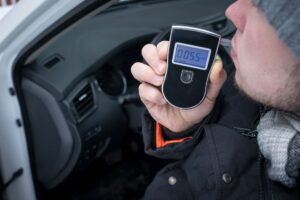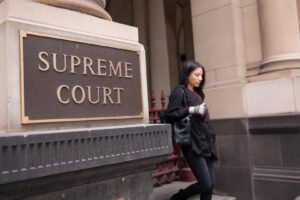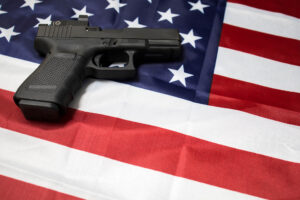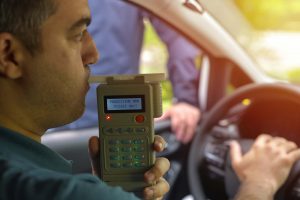Buffalo Criminal Attorney Blog

Understanding the New York State Department of Motor Vehicles (DMV) Point System
Driving in New York comes with certain responsibilities, and one of the ways the state ensures that drivers are safe and law-abiding is through the

The Impact of AI on the Legal Profession
Artificial Intelligence (AI) is revolutionizing many aspects of the legal profession, offering tools that can streamline research, automate routine tasks, and enhance decision-making. However, the

New York State Looks to Lower Blood Alcohol Limit
A Step Towards Safer Roads by Lowering BAC to .5 New York State is considering a significant change to its drunk driving laws by lowering

Presidential Immunity and the Supreme Court: A Landmark Decision
The Supreme Court’s recent decision affirming the President’s absolute immunity from criminal prosecution for conduct within his exclusive sphere of constitutional authority marks a significant

Gun Possession Charges
What to Expect from a Gun Charges Case If you are facing gun charges, it is important to know the specifics of your situation and

How accurate is the breath test?
Breath test machines are accurate with a margin of error of around .01%. In a case where the BAC is barely over the legal limit,

